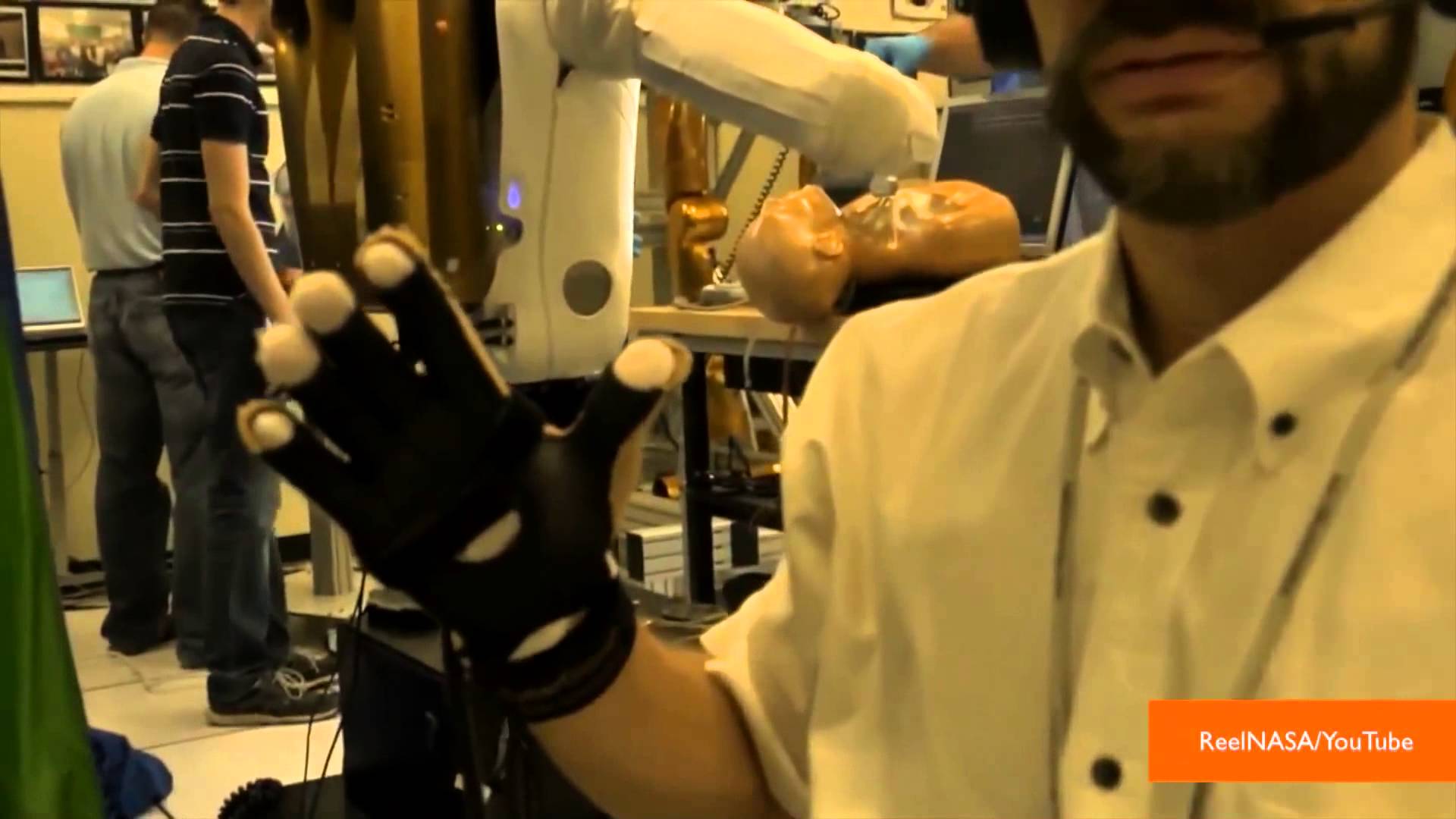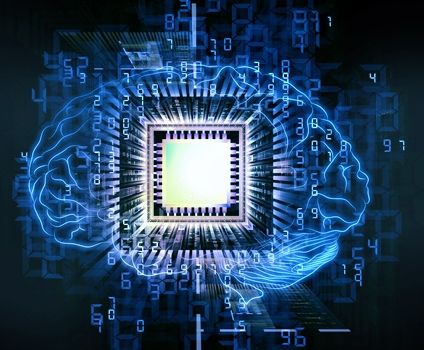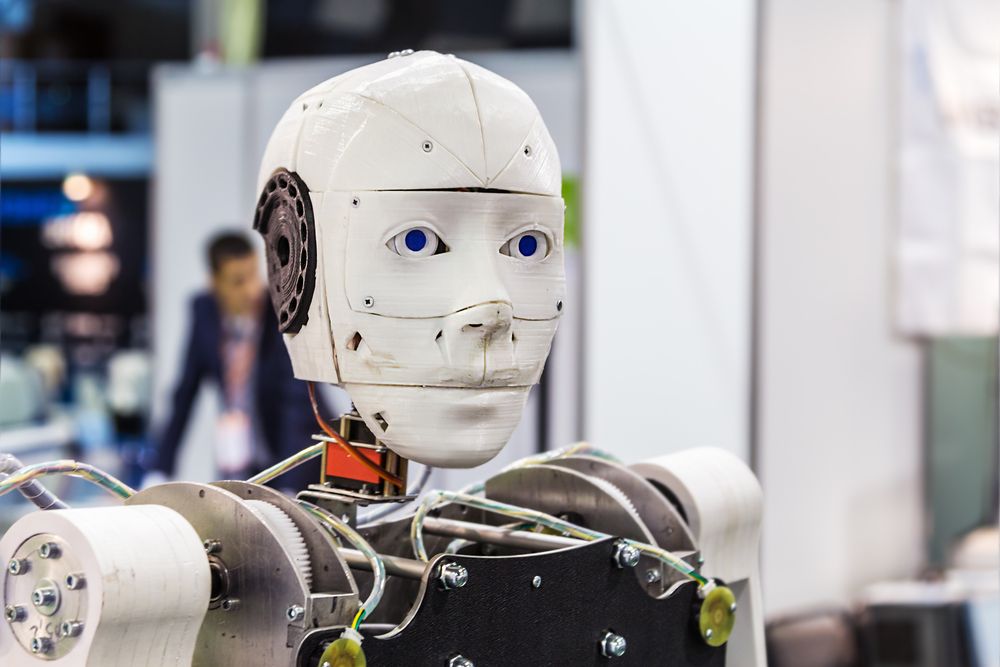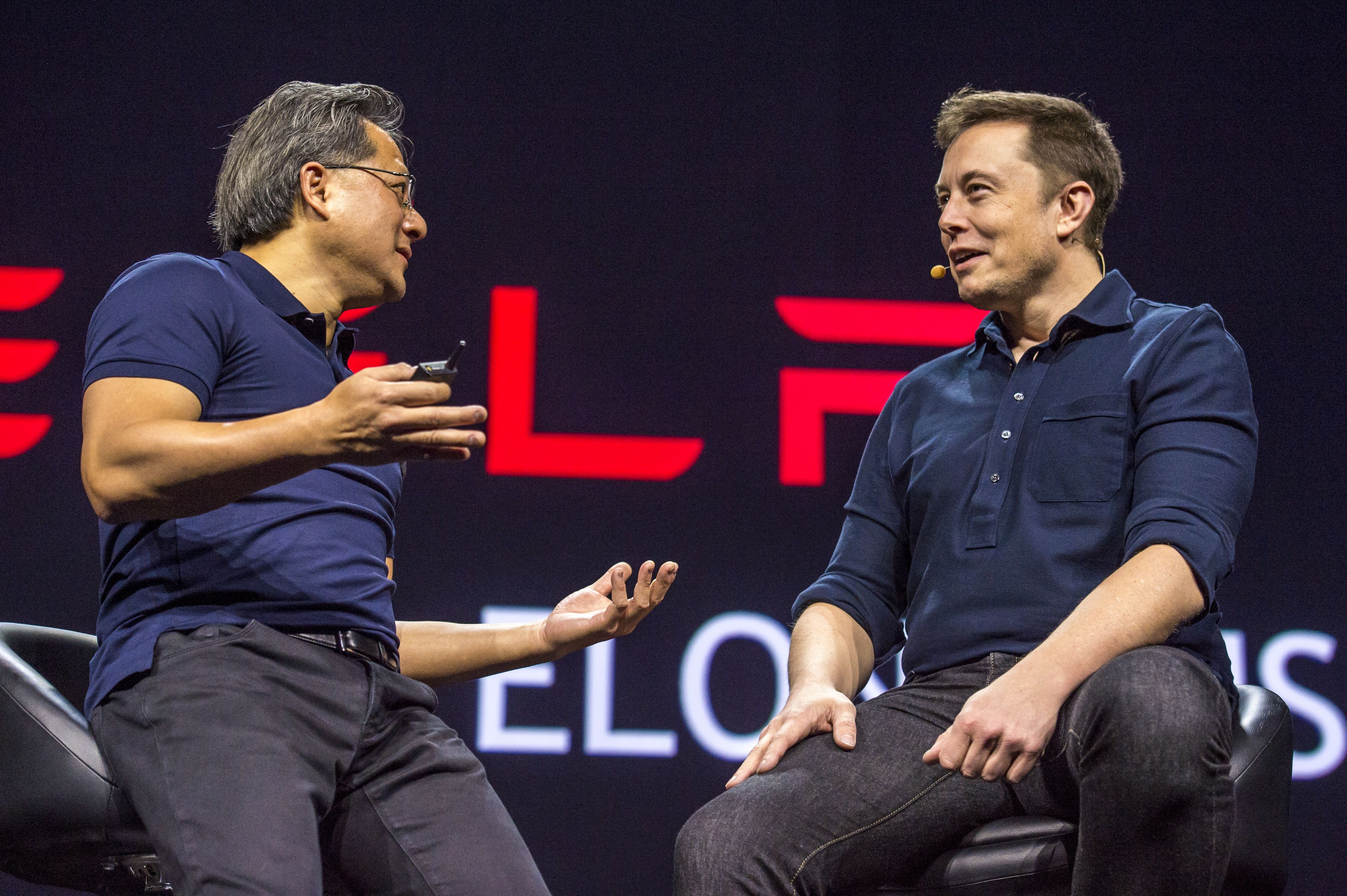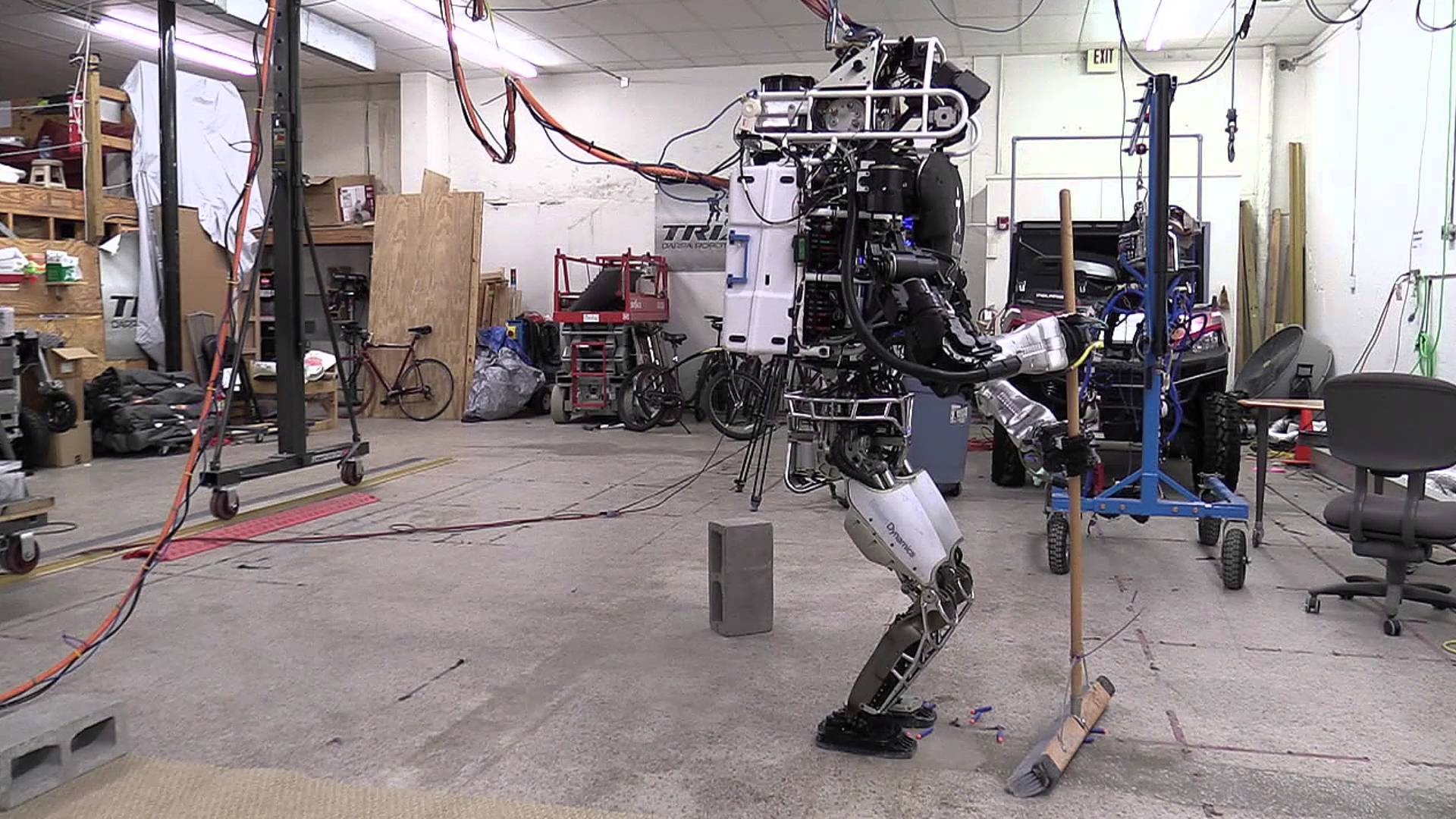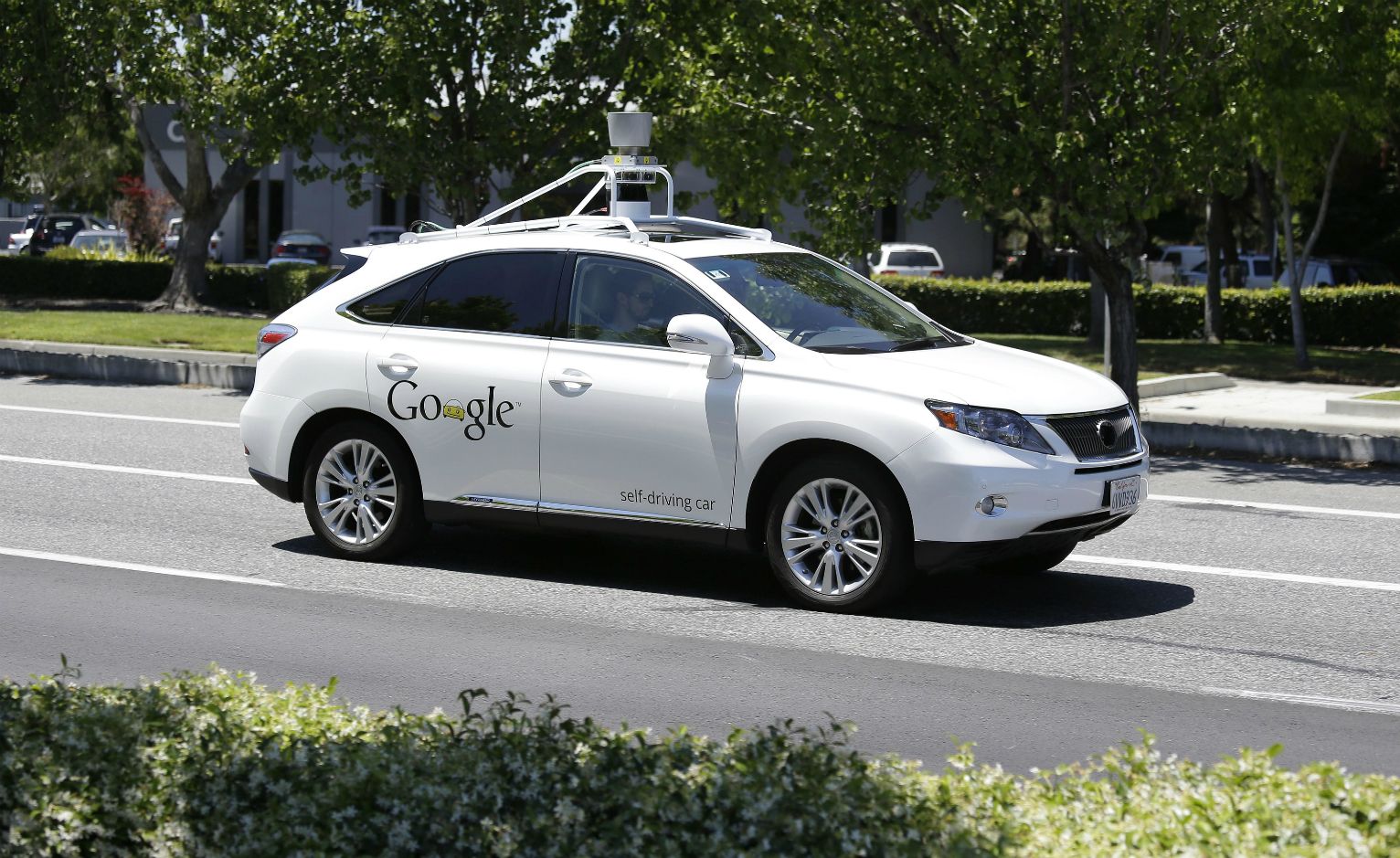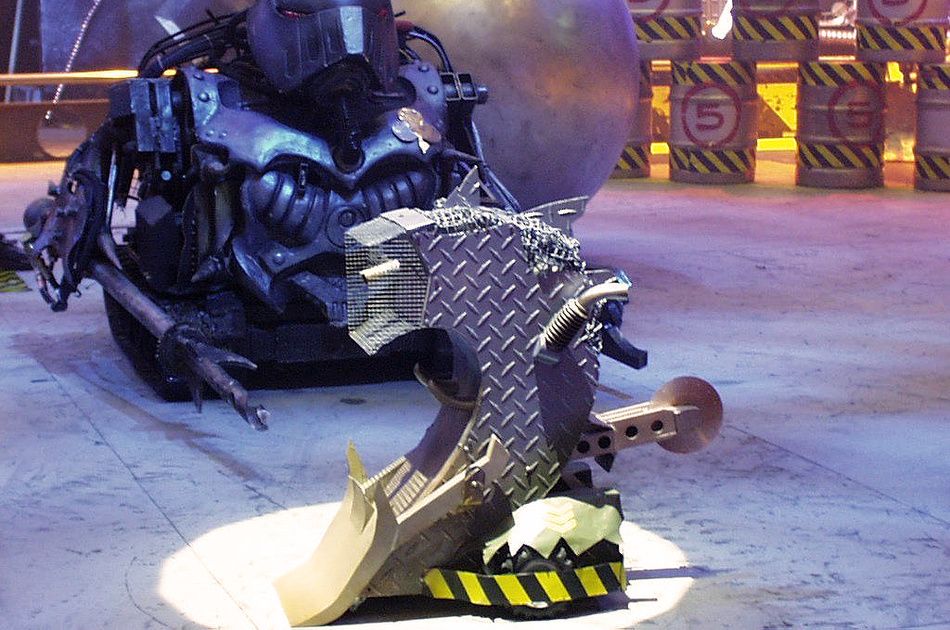Jan 17, 2016
IDA and MDA to be restructured in second half of 2016
Posted by Karen Hurst in categories: quantum physics, robotics/AI
WOW! Singapore is heavily investing in their own Government to stay ahead of the cutting edge technologies especially around AI, Robotics, IoT, and other NextGen on the Horizon. I foresee the rest following suit. Currently we have the US, Australia, Canada, UK (last week on Quantum & AI), Japan, China, Russia, and now Singapore investing heavily in NextGen.
The Ministry of Communications and Information (MCI) announced on Monday (Jan 18) that the Info-communications Development Authority of Singapore (IDA) and Media Development Authority of Singapore (MDA) will be restructured to form two new organisations. They will become the Info-communications Media Development Authority of Singapore (IMDA) and the Government Technology Organisation (GTO).

